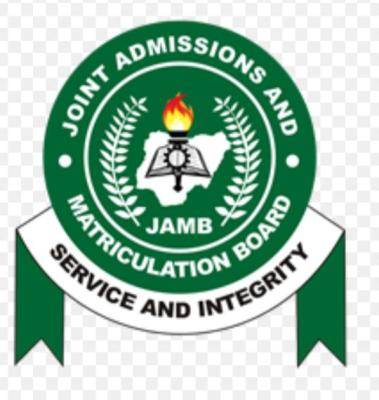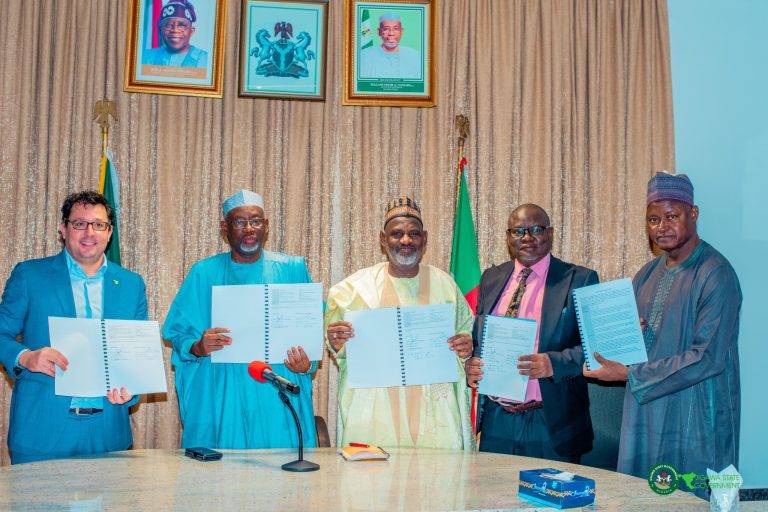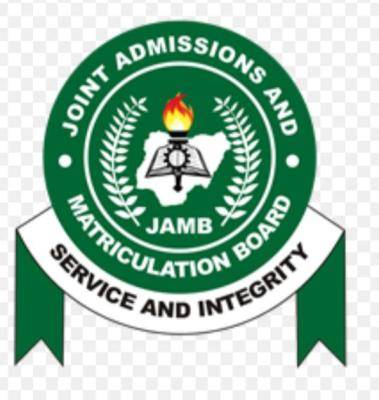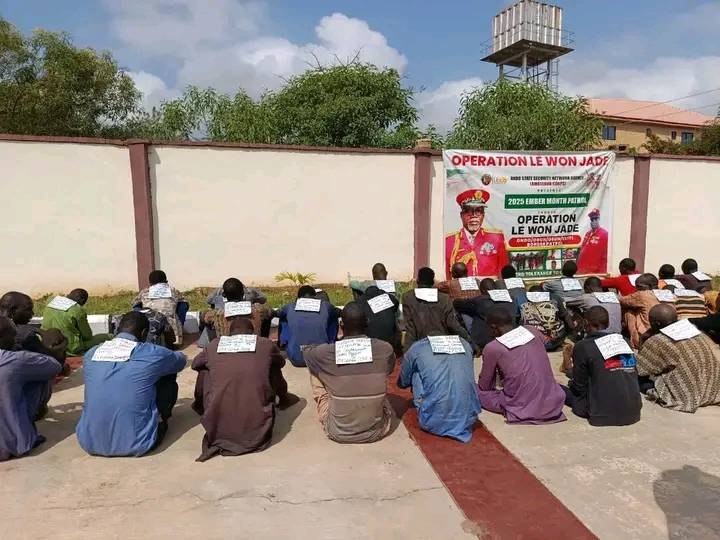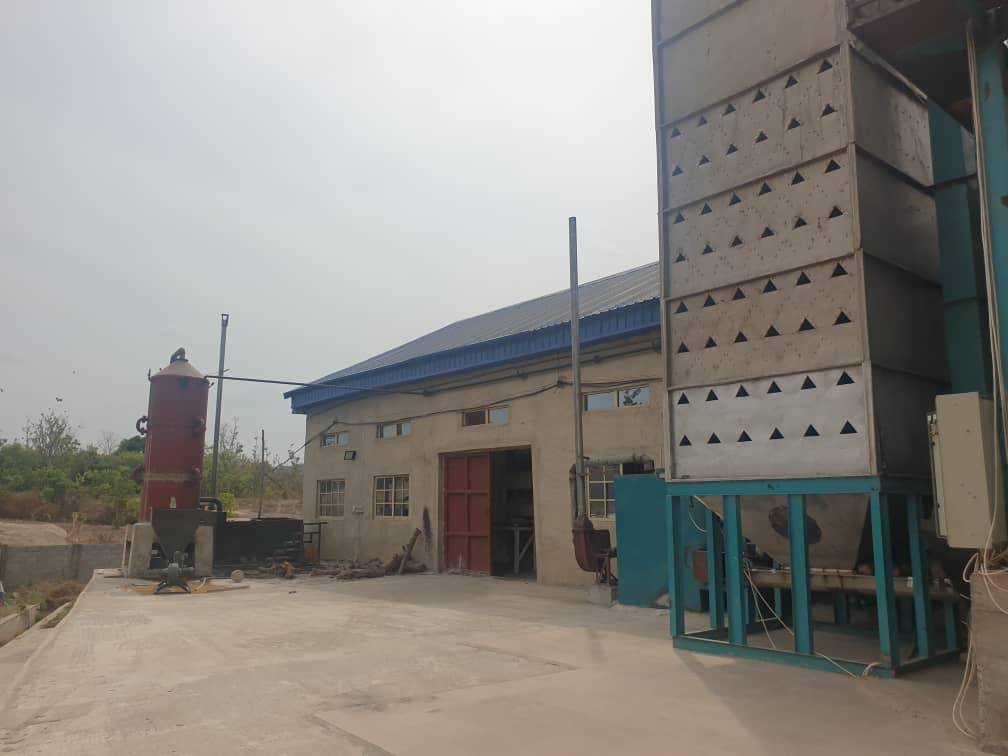Highlights from Nigeria’s Education Sector
Recent developments in Nigeria’s education sector reflect ongoing reforms, debates, and renewed efforts to strengthen learning systems across all levels.
The Association of Retired Principals has expressed concern over the removal of Mathematics from arts-related courses, describing the move as potentially detrimental to students’ analytical and problem-solving skills. The association urged education authorities to reconsider the policy to ensure a balanced academic foundation for all learners, regardless of discipline.
Meanwhile, the Nigerian Education Loan Fund (NELFUND) has called on tertiary institutions across the country to update and verify student records promptly. This move is aimed at ensuring the smooth implementation of the student loan scheme, which seeks to expand access to higher education by providing financial support to eligible students.
In another development, the Universal Basic Education Commission (UBEC) has commenced training programs for School Support Officers in selected states. The initiative is part of UBEC’s effort to enhance supervision, promote teaching quality, and strengthen the implementation of the Universal Basic Education programme nationwide.
Education stakeholders have also reiterated the need for increased investment in higher education and the improvement of lecturer welfare, emphasizing that sustainable development in the sector depends on motivated educators and adequate funding.
Together, these developments underscore the government’s and stakeholders’ collective commitment to improving the quality, accessibility, and relevance of education in Nigeria.
20 Things Candidates Must Know Before Writing the 2026 JAMB UTME
January 24, 2026


